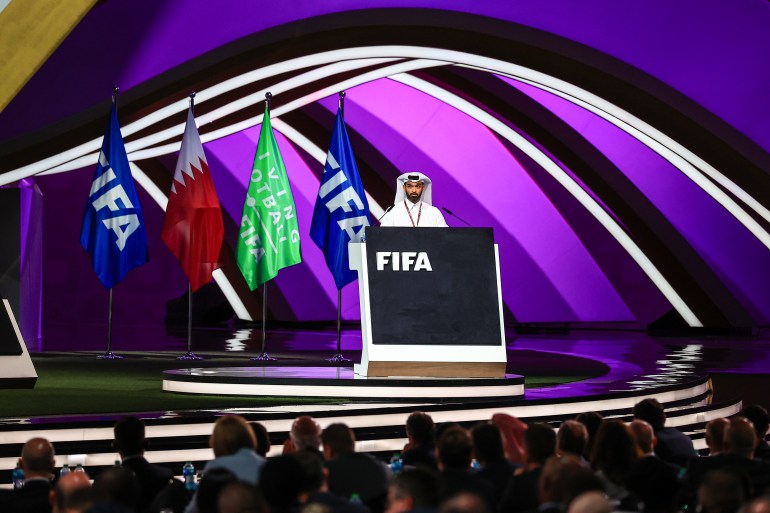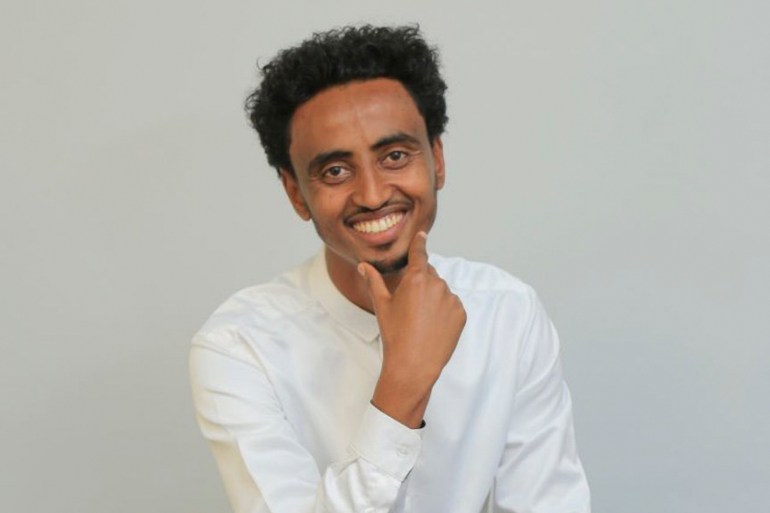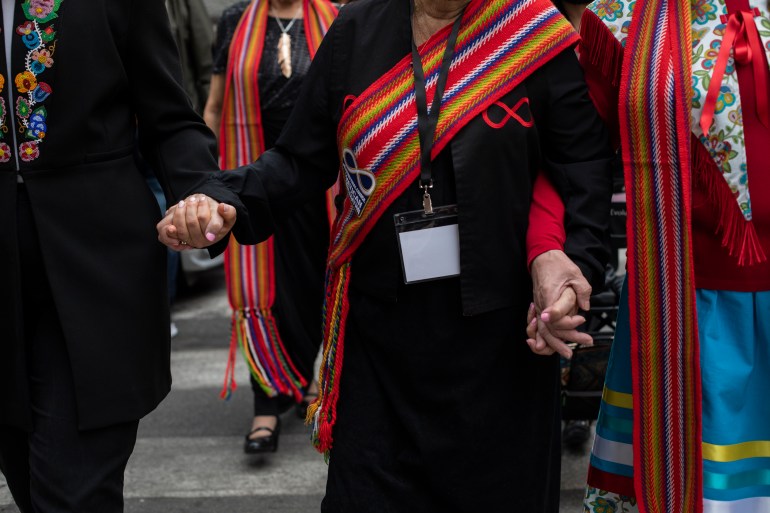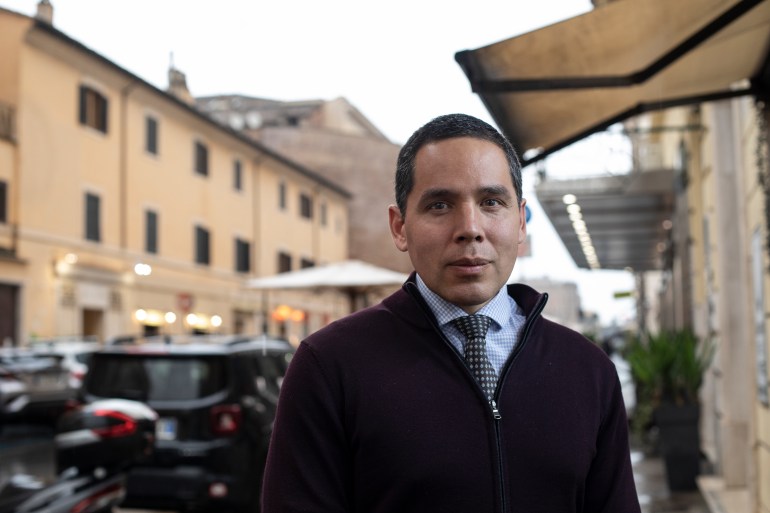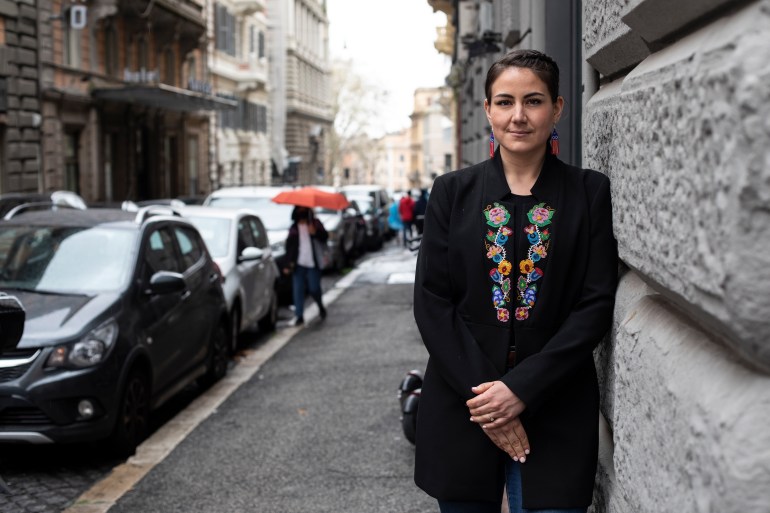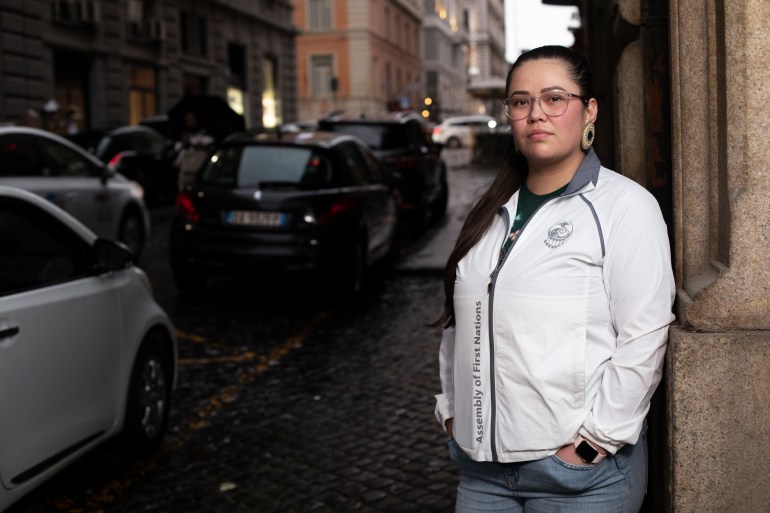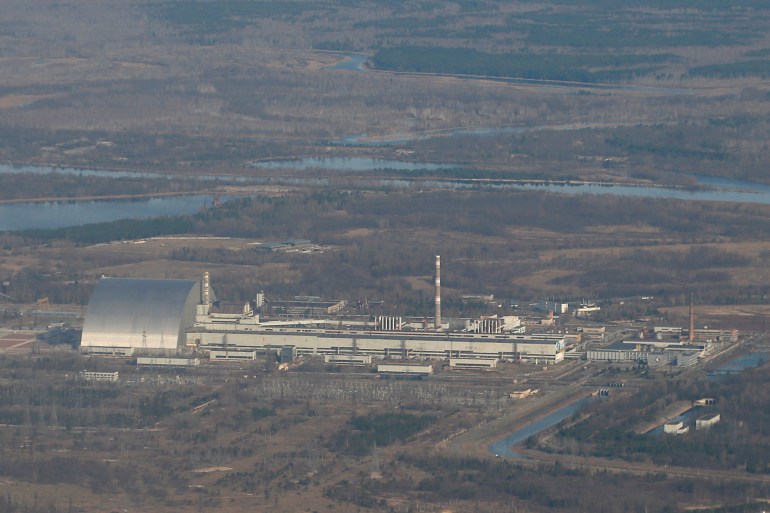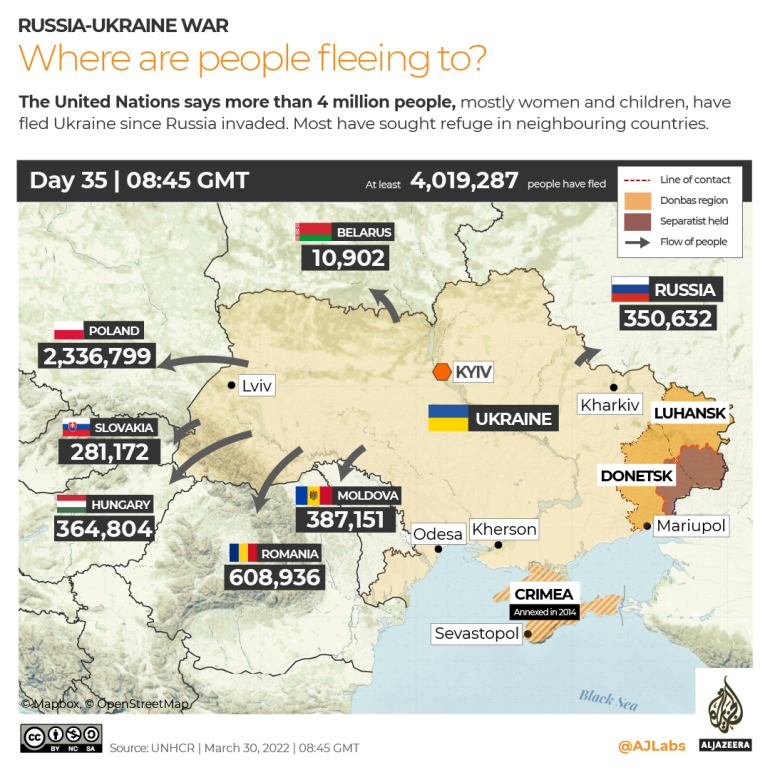Hungary’s parliamentary elections: All you need to know

Hungarians are set to go to the polls on April 3 that will see 199 MPs elected to the National Assembly for four-year terms.
Under the Hungarian election system, 106 single-mandate constituencies are decided by first-past-the-post voting.
KEEP READING
list of 3 itemsHungary’s opposition struggles to maintain unity ahead of vote
Russia’s war in Ukraine dominates Hungary’s election campaign
Thousands in Hungary rally to support gov’t before elections
The remaining 93 MPs will be elected from a single nationwide constituency mostly by proportional representation.
Who’s in the race?
Prime Minister Viktor Orban is seeking a fourth consecutive term. His nationalist conservative Fidesz party has enjoyed a super-majority, allowing him to change the constitution, for much of the past 12 years.
Having moved steadily to the right, Orban has arranged to run a referendum on his anti-LGBTQ policies.

In the opposite corner stands United for Hungary – an awkward alliance of opposition parties including the far-right, the traditional left, greens, and liberals.
This alliance was designed, say the parties, to save the country from Orban’s increasingly corrupt and authoritarian rule.
Conservative independent Peter Marki-Zay was selected as the bloc’s candidate for prime minister in October.
What are the main campaign issues?
Fidesz planned the referendum as the centrepiece of its campaign to mobilise its conservative electorate.
It has also concentrated on linking the united opposition with figures such as American philanthropist George Soros and other members of what it says is a globalist liberal elite determined to destroy Hungary’s sovereignty, flood the country with migrants, introduce “gender madness“, and throw out Fidesz’s populist economic policies.
United for Hungary, meanwhile, planned to concentrate on claims that Orban has organised a widespread network of corruption to steal European Union funds and rigged the justice and electoral systems to help him get away with it.
Promises to raise investment in health and education are aimed at highlighting Hungary’s poor management of the coronavirus pandemic and strike action by teachers.
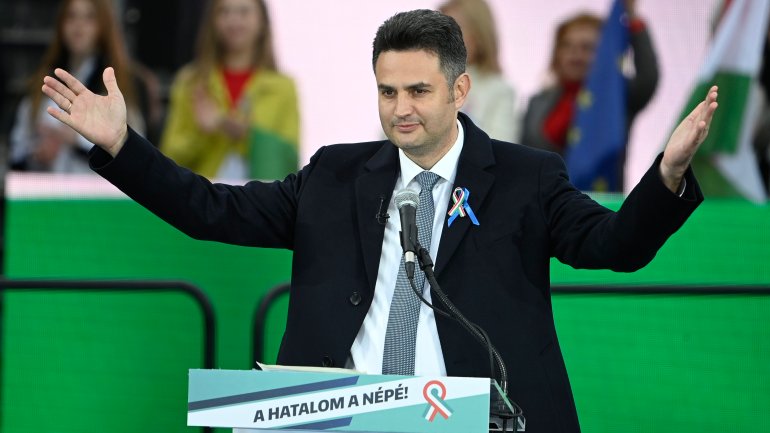
However, the war just across the border in Ukraine has overwhelmed all issues to dominate the campaign.
Orban is Russian President Vladimir Putin’s closest EU ally. Although the government has not blocked EU sanctions against Moscow, it has refused to reduce Hungary’s heavy reliance on Russian energy and refuses to let weapons headed to Ukraine transit the country.
United for Hungary has tried to turn the election into a referendum on whether Hungary should be part of the East or West.
It has also taken aim at the government’s populist economic policies, which include generous benefits and capped energy prices, claiming that the economic spillover from the war will make these policies unsustainable.
Fidesz has reacted by promoting Orban as a guarantor of peace and stability. The opposition has been branded warmongers for calling for stronger support for Ukraine and accused of planning austerity.
The opposition strategy is not working, said Mariann Ory, senior editor at pro-government daily Magyar Hirlap.
“Polls show that for most people the priority is to keep Hungary out of the war and protect its energy security,” she said.
Is the election race free and fair?
Many claim a free and fair election is not possible in Hungary.
It is estimated that under Orban’s rejigged election system the united opposition needs a margin of victory of at least 6 percent to secure a majority.
The control of the media landscape that Fidesz has built over the past 10 years or so is also an issue, say analysts, allowing the party to limit the narratives to which many voters are exposed.
“The ruling party’s campaign is more effective, because it has a machine dominating the public sphere,” said Robert Laszlo from Budapest-based think-tank Political Capital.
These worries have persuaded the Organization for Security and Co-operation in Europe (OSCE) to monitor the vote.
It has expressed concern not only over Fidesz’s domination of the media market but also the misuse of administrative resources, the blurring of state and political party roles, and campaign financing.
Local organisations, meanwhile, have raised an army of 20,000 volunteer poll observers.
But Fidesz spokesman Zoltan Kovacs says such action is unnecessary, and the result of bias against Orban’s illiberal views.
“It’s going to be a completely free election,” he told Al Jazeera. “The OSCE comes from a world that is against us.”
However, even the Fidesz-funded Center for Fundamental Rights admitted that the OSCE’s “sending of a full election monitoring mission [is] … an unprecedented step for an EU member state”.
What do the opinion polls say?
Amplified by his media machine, Orban’s narrative around the war in Ukraine appears to be working.
Even the efforts of Ukraine’s President Volodymyr Zelenskyy to push Budapest to show greater solidarity seem to have had little effect.
Fear of the war appears to be stronger in Hungary than anger at Putin’s aggression, say analysts. And as the pressure rises, United for Hungary’s unity and experience is being tested.
“The opposition needs to mobilise its electorate and change the narrative in the coming days,” said Milan Nic, a senior fellow at the German Council on Foreign Relations.
Opinion polls in December last year suggested there was little to choose between Fidesz and the united opposition. But surveys taken since Russia’s invasion of Ukraine suggest Fidesz has opened a small but potentially decisive lead of five points or more.
“I only see defeat,” a senior official from the United for Hungary told Al Jazeera on condition of anonymity. “Eighty seats would be a reasonable result for us. Fidesz won’t get another super-majority.”
Why do Hungary’s elections matter?
Despite Hungary’s small size, the election is being closely watched.
Although a member of the EU and NATO, under Orban the country has become a key player in the populist attack on the Western democratic order.
His state capture and attacks on the rule of law and minority rights have severely tested the EU’s democratic credentials.
Budapest’s geopolitical ambivalence has also generated suspicion that Russia and China see Hungary as a weak link regarding NATO security.
Orban has often wielded his veto in the twin Western institutions to support the interests of the Eastern giants, including obstructing Ukraine’s Western trajectory.
Orban’s role as an icon for the global far right adds to the vote’s importance.
A defeat for the Hungarian strongman, on the back of former President Donald Trump’s demise in the US and other recent setbacks for illiberals, would bolster suggestions that mainstream unity can fight populism.
Another four years for Orban could help reinvigorate the global drift towards authoritarianism.
“The outcome … will determine [Hungary’s] short-term stability and long-term political direction, toward either more autocratisation or re-democratisation,” said Daniel Hegedus, a fellow at the German Marshall Fund of the United States.
“The elections will also be of strategic importance for the European Union and Hungary’s transatlantic partners,” he said.

![72nd Fifa Congress 2022, Doha Qatar, 31 March 2022 [Showkat Shafi/Al Jazeera]](https://www.aljazeera.com/wp-content/uploads/2022/03/AF7I2489.jpg?w=770&resize=770%2C513)
